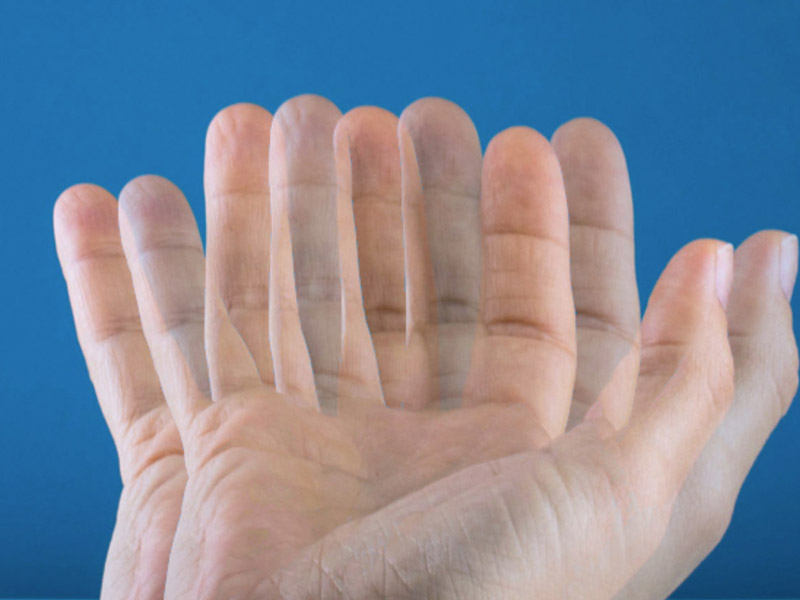
Ever come across a situation where you can see two images of one object in your sight? This condition is known as Diplopia or double vision. Due to this condition a person can either see two images side by side or on top of each other. It can happen in both the eyes or one at a time. When the issue of double eye affects a person’s single eye then it is known as monocular. And, if both the eyes get affected then it is known as binocular. Double vision is a medical state that affects a person’s reading ability, movement and even balance. This is a treatable situation and can be corrected by glasses, exercise and surgery.
Let us take a deep dive into this article and learn about the causes, types and treatment of Diplopia or double vision from Dr. Arvind Kumar, Consultant, Ophthalmology, Fortis Escorts Hospital, Faridabad.
What is Diplopia?
As we witness this beautiful world through our eyes and hence even a slight issue with our eyes can lead to a lot of discomfort. With Diplopia being a condition which leads to double vision, it can affect a person’s reading ability, balance and movement. It can either affect one eye or the other and can result in a range of underlying health issues. A temporary double vision of Diplopia can be caused due to the use of some kind of recreational drugs or alcohol as well and tends to go away with their effect. On the other hand a permanent Diplopia can lead to several complications and cause a lot of discomfort and turn out as a hindrance in a person’s daily life activities.

Image Credits- VOI
Also Read: Know All About Common Eye Infections From Ophthalmologist
This condition can involve various parts of your eyes such as the lens, cornea, nerves, muscles and even the brain. A problem with any of these organs or parts of the eye can lead to the condition of Diplopia .
Types of Diplopia
The vision problem of Diplopia is usually an indication of some or the other underlying health condition. Diplopia is of two types namely monocular diplopia and binocular diplopia.
- Monocular Diplopia
The situation of double vision in one eye is termed as monocular diplopia. Caused due to a refractive error in the early stage of cataracts, keratoconus, astigmatism, pterygium or the dry eye syndrome.
- Binocular Diplopia
Binocular Diplopia is a double vision situation which affects both the eyes. Caused due to the misalignment of eyes or strabismus is a result of carnival nerve damage. These nerves are responsible for providing motion and sensory supply to the muscles.
Causes of Diplopia

Image Credits- Wellington Eye Centre
Also Read: 6 Basic Tips To Prevent Cataract Eye Disease
Each eye is responsible for creating a separate image of the environment which is then combined by the brain to perceive it as a one clear picture. In order to create the depth of field, both eyes need to work in coordination. Damage to any part of the eye, muscles, nerves or brain can lead to double vision. Here we have listed some of the causes of this condition as told by Dr. Arvind Kumar
- Trauma to eyes
- Tumor
- Cataract
- Paralysis in an extraocular muscle
- Head injury
- Brain stroke
- Neurological conditions
Treatment for Diplopia
Generally in the case of diplopia where a patient complains about double vision that makes it very difficult to carry out daily life activities such as reading, driving, writing and even balancing which can be injurious to one’s health. Dr. Arvind suggests that in case of a diploma one needs to keep their blood pressure under control. Although the treatment usually depends upon the main cause of this vision problem, some of the treatment options available for correcting this condition are-
- Prismatic glass correction
- Surgery in case of paralysis of extraocular muscles
- Treating the underlying condition
(With inputs from Dr. Arvind Kumar, Consultant, Ophthalmology, Fortis Escorts Hospital, Faridabad)
Also watch this video
Read Next
Marfan Syndrome: Know Symptoms, Causes, Effects And Complications Of This Inherited Disorder
How we keep this article up to date:
We work with experts and keep a close eye on the latest in health and wellness. Whenever there is a new research or helpful information, we update our articles with accurate and useful advice.
Current Version